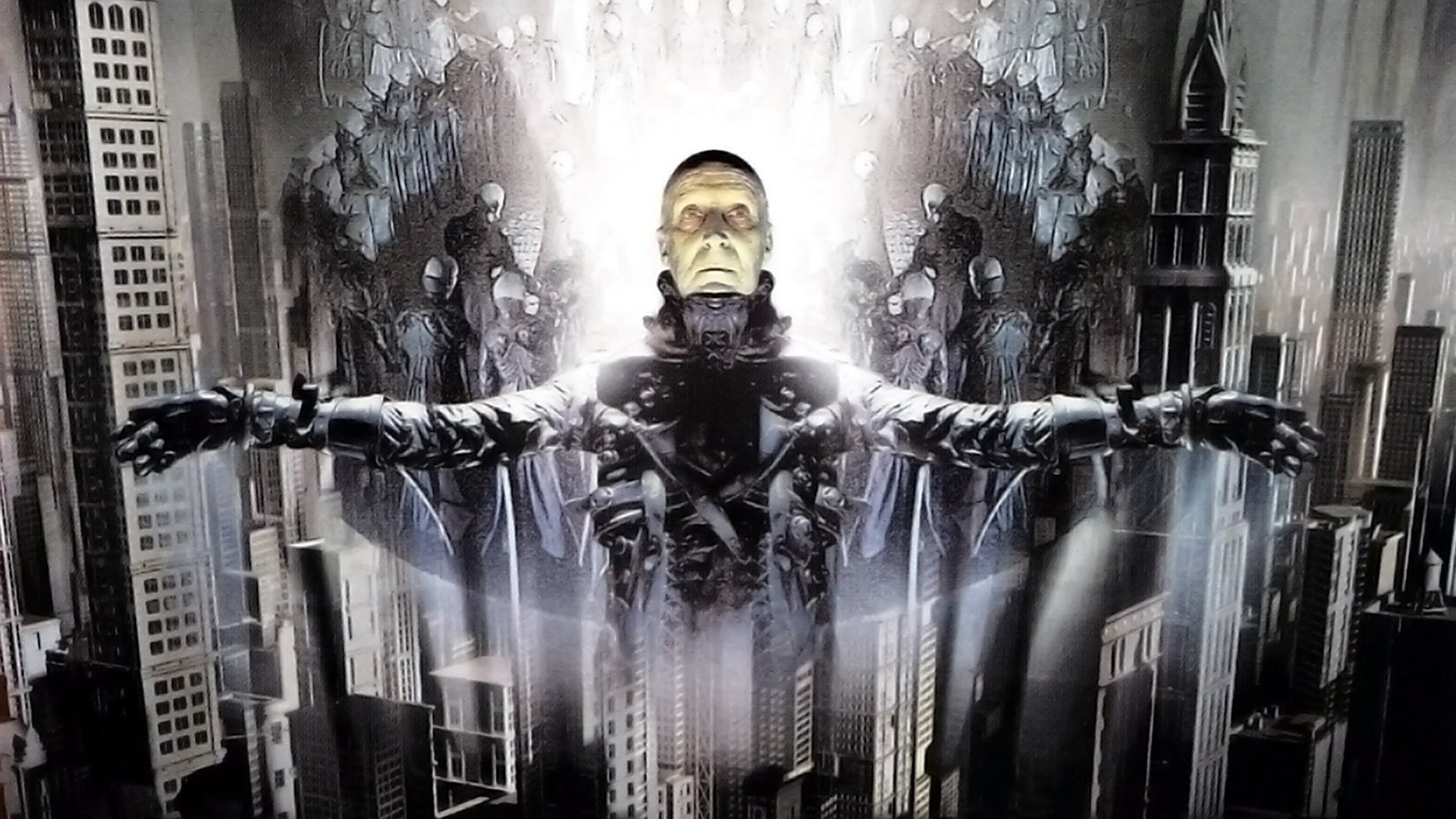
When Inception was first released, it was praised as one of the most original and daring blockbusters in years. A thriller that was as cerebral and full of ideas as it was taut and suspenseful, Inception managed to be both a crowdpleaser and a critical success.
Christopher Nolan was always known for his puzzle-box narratives — think the reverse-narrative of Momento or the body-switching complexity of The Prestige — yet Inception was a head-scratching success beyond anything he had hitherto made outside of the obviously commercial Dark Knight trilogy.
Inception concerns the story of Dominick Cobb (Leonardo DiCaprio) and his merry band of thieves, who utilise the power of the latest technology in order to steal information from other people’s subconscious.
This premise allowed the film to work at a different level from the usual big-budget thrillers — making its concept work perfectly with the narrative, a fact complemented by its instantly iconic tonal and visual consistency. Inspiring films such as Source Code, Looper and Doctor Strange, and ranking at a remarkable 14th on the IMDB Top 250, its safe to say that Inception already ranks among the greatest films of the 21st century.
Yet no film lives in a vacuum; both consciously and unconsciously taking inspiration from other films that have come before it. Inception is no exception. This is not a criticism but merely an acknowledgement of cinema’s rich tapestry, meaning that there are more films like Inception out there for you to watch. Here at Taste Of Cinema we have assembled the ten best ones.
Warning: Potential spoilers ahead.
1. Paprika (2006)
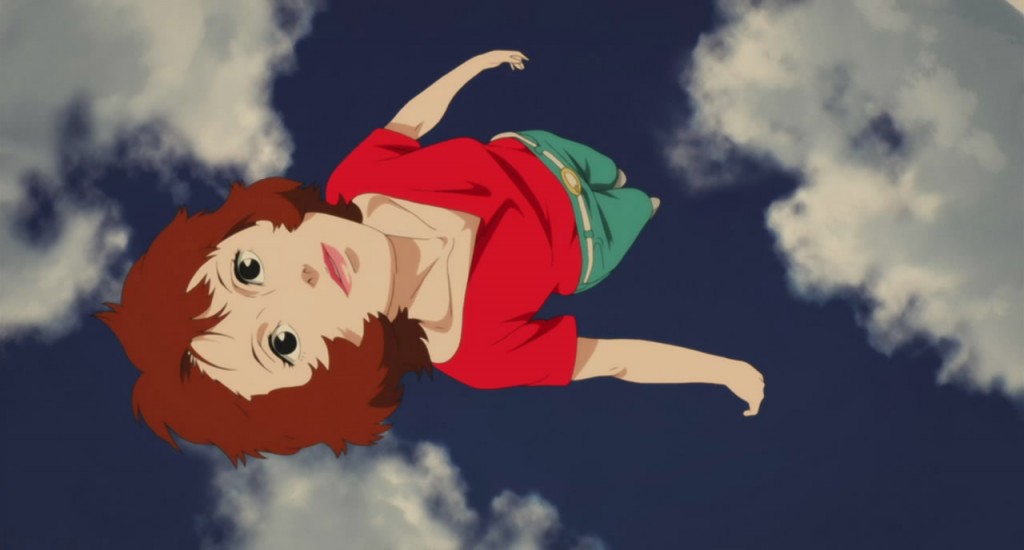
Paprika, directed by Japanese auteur Satoshi Kon, based on the novel by Yasutaka Tsutsui, seems like the most obvious influence on Inception. In fact, the similarities between the two films is so strong that many people have accused Nolan of ripping off the anime classic.
Nevertheless, considering that Inception was first conceived of and pitched by Nolan in 2002, there is little doubt that Nolan stole the idea, but perhaps incorporated some of the ideas in Paprika in later editions of the screenplay. Like in Inception, the film concerns special devices that can be used to infiltrate people’s dream states, yet in the case of Paprika, is is used by therapists in order to help their patients.
Achieving only a slither of Inception’s success, Paprika is nonetheless a masterpiece in its own right, using its heady concept in order to push the envelope of what animation can do. It is a head-trip all of its own, a riot of colour and ideas that threatens to career entirely out of control. There is no one genre that Paprika can lay claim to, using its premise to riff on comedy, horror and the carnival in order to become its own self-contained work of art. Potentially the greatest animated movie of the 21st century.
2. Eternal Sunshine Of The Spotless Mind (2004)

What if entering people’s subconscious was used as the basis for a romantic comedy? This is the hook for Charlie Kaufman’s screenplay for Eternal Sunshine of The Spotless Mind, directed with sprightly aplomb by music-video director turned auteur Michel Gondry.
Starring Kate Winslet and Jim Carey in possibly career-best performances, the two actors star as potential lovers Joel and Clementine that not only feel an undeniable attraction to one another, but perhaps have met before? Soon it turns out that nearly every trace of their previous relationship has been erased by a professional company who eliminate heartbreak by subtracting all painful memories.
It uses its concept to tackle the eternal question: It is better to have loved and lost than never to have loved at all? Initially, these two bitter people think so: yet by the end, the movie makes a strong case that love is more complicated and important than to be simply erased.
Like in Inception, its premise allows it to stage some incredible sequences inside the mind of Joel, expertly acted by Jim Carey. A film that becomes more and more rewarding with each viewing, Eternal Sunshine of The Spotless Mind is one of the greatest statements for pursuing a relationship even if it seems like it will never ever work.
3. Vanilla Sky (2001)
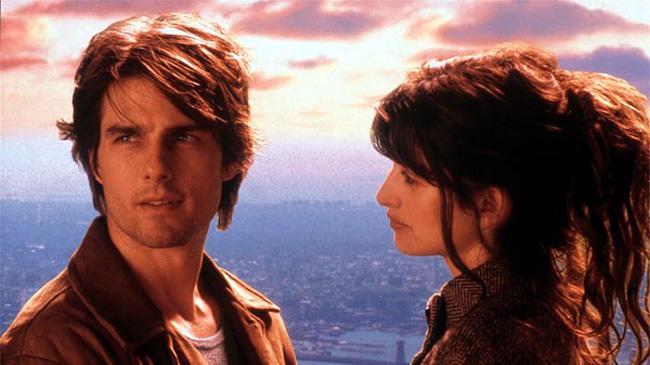
The remake of the Spanish-language thriller Open Your Eyes, directed by Alejandro Amenábar, Vanilla Sky is an interesting concept in and of itself. What if a mind-boggling thriller was directed by none other than Cameron Crowe, the man behind such heartwarming hits as Jerry Maguire and Say Anything?
The result is one of the weirdest matches between source and auteur ever to be produced by a commercial studio. Critically panned upon its release for its unique mixture of sentimentality and head-scratching narrative, a more generous look upon the film reveals that there is much enjoyment to be gained.
Tom Cruise stars as the owner of a publishing firm who’s entire life is switched upside down when he is involved in a car crash. Soon after this, or perhaps before, depending on who you ask, the narrative approximates the fluidity of a waking dream — where nothing quite makes sense, but there still seems to an aggressive logic behind it all.
Yet underneath all this puzzle-box plotting, and deliberately enigmatic sequences, there is an undeniably strong romance between Tom Cruise and co-star Penelope Cruz that gives the film a much-needed heart. Whilst the philosophical posturing might be too paper-thin for many, its a riff on many of the same themes as Inception that seemingly looks more iconic with each passing year.
4. Mulholland Drive (2001)
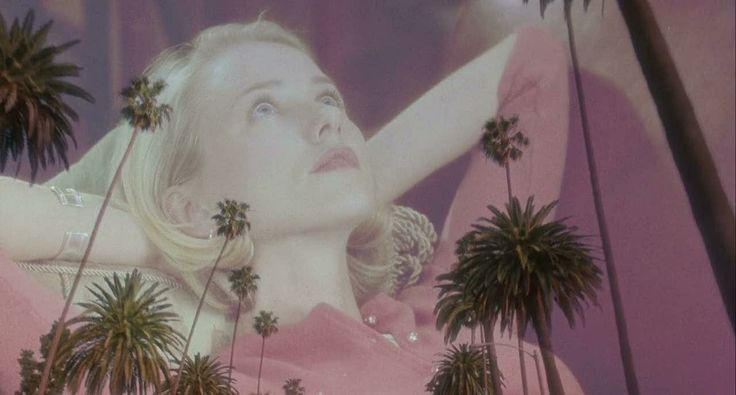
The seemingly impossible to solve narrative of Mulholland Drive can be understood by its production history. Originally conceived of as a 90 minute TV pilot — before the Golden Age alas! — ABC dropped the project for being even weirder than Twin Peaks. However, instead of despairing, auteur David Lynch raised additional funds from Studio Canal, and shot more scenes to make it into a movie.
The rest, they say, is history, resulting in both Lynch’s best film and one of the best films to be released in the past twenty years. A film both about films and about dreams — it argues that the mirage of Hollywood success is like the ultimate waking dream.
Any description of the plot of Mulholland Drive comes with complications. It stars Naomi Watts as an open-eyed ingenue who has just arrived in L.A. to find a strange woman (Laura Harring) living in her Aunt’s apartment. She has forgotten her identity and together they must figure out who she really is.
After this basic premise, things start to get complicated and never resolve into an easy to understand whole. Yet this is the point of the film, looking at how dream-states seem to follow their own logic, the portal to discovering their true meaning (represented by the blue box) forever lost to the viewer.
5. Primer (2004)
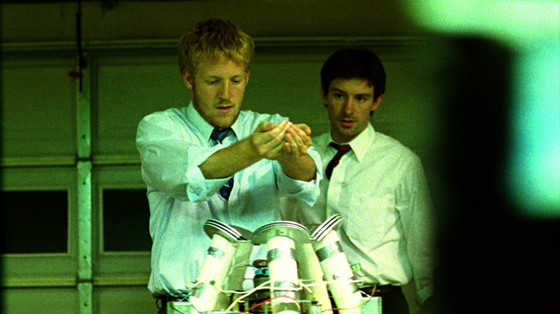
What can you do with $7,000? Make a short film about love, film an observational documentary with a crew of three people, or make a proof of concept film to secure bigger funding? Not for Shane Carruth, who used the little money he had to create one of the best time-travel features of the 00s.
Unlike many science-fiction films, which use their premises as a means to fly off into a fantastical landscape, Primer offered something quite different: one of the most realistic depictions of time travel ever committed to screen.
The science involved in the movie is so complicated that you would need a degree in physics to understand it. The attention to detail and technical dialogue is so advanced that it can be almost indecipherable to the average viewer. Yet this is part and parcel of the film’s strengths, its non-linear narrative asking us to trust and go with what we see on the screen.
Additionally, the scientific expertise of its characters blinds them to any moral and ethical questions that go with inventing time-travel, resulting in some tough lessons being learned later on down the line. Albeit impossible to understand for non-scientists upon first viewing, repeat screenings reveal more and more intriguing little details.